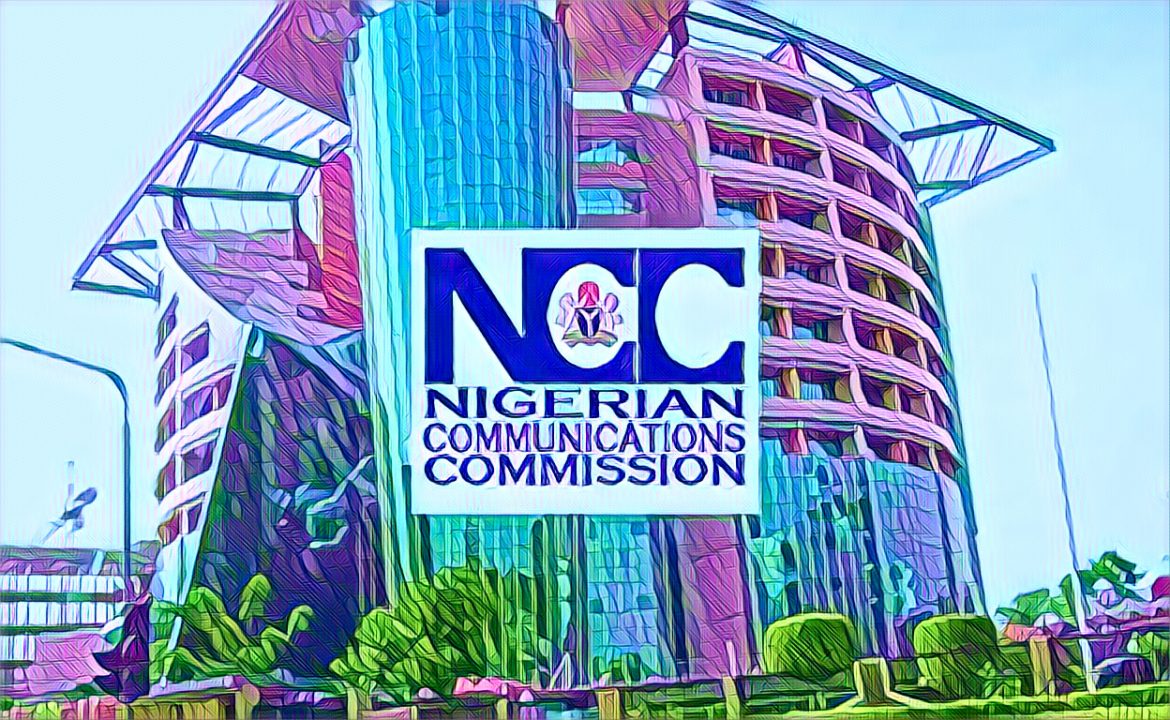In a remarkable display of resilience and technological prowess, Bayobab Group, an MTN Group subsidiary, has announced the successful restoration of its operations following a subsea cable disruption that affected broadband Internet connectivity across Nigeria and the broader West African sub-region. The telecom giant confirmed in a statement on Tuesday that it had efficiently managed to recover over 3 Terabits per second (Tbps) of capacity, ensuring uninterrupted service for its vast customer base.
The disruption, which occurred last Thursday, had put considerable strain on numerous sectors, notably banking, financial services, telecommunications, and more, compelling many to scale down operations temporarily. Key undersea cables, including the West African Cable System (WACS) and the African Coast to Europe (ACE) on the West Coast route from Europe, along with SAT3 and MainOne, were reported to have suffered cuts, leading to widespread service interruptions.
MTN’s proactive measures involved the rerouting of traffic and the swift activation of new cables to circumvent the affected areas. This strategy not only facilitated the rapid restoration of services but also enhanced the network’s overall resilience against future disruptions. The company’s statement highlighted their commitment to maintaining reliable connectivity and their ability to swiftly adapt to unforeseen challenges, reinforcing their dedication to connecting Africa and beyond.
“Throughout this challenging period, we prioritised the restoration of services by swiftly activating new cables to increase inter-connectivity and establish alternative routes, thereby bolstering our network resilience,” the statement read. Bayobab’s robust ecosystem plays a crucial role in facilitating secure and scalable global traffic, serving not only 19 MTN markets but also third-party mobile network operators, technology corporations, and other telecommunications service providers.
The initial cable cut had forced entities across the region to reroute their traffic to alternative service providers over the weekend, in a bid to mitigate the impact of the disruption. The Nigerian Communications Commission (NCC) had earlier indicated that services were restored to about 90% of their peak utilization capacities by Monday.
Gbenga Adebayo, Chairman of the Association of Licensed Telecommunications Operators of Nigeria, provided further insight into the situation, stating that full service restoration was imminent. “From the progress we have seen, services will be restored completely tomorrow. We are almost there,” Adebayo commented. He elaborated on the network’s contingency planning, noting that while some operators were affected due to the route of the disruption, others remained unaffected, thanks to diverse routing strategies.
The swift and effective response by MTN and other telecommunications operators to this infrastructure challenge underscores the critical importance of network resilience and the ability to quickly adapt to and recover from such disruptions. It also highlights the interconnected nature of global communications infrastructure and the need for ongoing investment in redundancy and recovery strategies to safeguard connectivity in our increasingly digital world.


